Mises à jour de ECHOcommunity
IFOAM Strengthening International Seed Network Survey available! 2025-10-07
If you are working in seed systems, please take 15 minutes to complete the survey here:
English:Mapping farmers' seed systems actors
French:Cartographie des acteurs impliqués dans la gestion des systèmes semenciers paysans
Spanish:Mapeo de los actores de los sistemas de semillas de los agricultores
The Strengthening International Seed Network Survey is the first step in a collective effort to connect and strengthen the many organizations, networks, communities of practice, and individuals working on farmers’ seeds and cultivating biodiversity around the world. This initiative is grounded in the belief that mutual support, solidarity, and knowledge-sharing are essential for advancing farmers’ seed systems. By participating in this survey, you will help:
- Map the landscape of who is working where, on what themes, and with which approaches.
- Make visible the diversity of initiatives and highlight opportunities for exchange and collaboration.
- Lay the foundation for future tools, platforms, and activities that can facilitate joint learning, coordination, and dialogue.
Your input will not only strengthen the picture of global work on farmers’ seeds but also ensure that the tools and collaborations we develop are relevant to your needs and realities.
Helping Smallholders Earn More: Agribusiness Tools for Development Workers 2025-09-30
ECHO Asia recognizes that many of the challenges faced by smallholder farmers are business-related, rather than production-related. Farmers often report market access, low prices, unfair market practices, and price volatility among their largest challenges. ECHO is scoping the demand within our network for new resources and training opportunities within the field of agribusiness.
Please respond via the link below to have your voice heard!
Do you recognize the challenges faced by smallholder farmers in engaging with markets? Are you already working in value chain development or agribusiness? We would value your feedback!
EDN Numéro 171 Maintenant disponible 2025-09-23
Sommaire
- Le Neem (Azadirachta indica): un trésor naturel pour la protection des cultures
- L'approche des doubles différences pour évaluer l'impact d'un projet
- Échos de notre réseau: Utilisation de l'énergie solaire dans les serres
- De la Banque de semences de ECHO: Le haricot urd (Vigna mungo), gramme noir, urad dhal
- Livres, Sites Web, et Autres Ressources: Intégration des savoirs autochtones et scientifiques pour des systèmes alimentaires durables en Afrique : le principe du plug-in
Le Neem(Azadirachta indica)
un trésor naturel pour la protection des cultures
Hassan Djebro
Extrait:
- Ramasser 5 kg de fruits tombés de l'arbre. Ne prendre que des fruits mûrs de couleur jaune ou brune/chocolatée.
- Les plonger dans l’eau pendant 24 heures pour retirer les enveloppes et obtenir les coques contenant les amandes.
- Faire sécher les coques contenant les amandes en plein soleil pendant au moins une journée.
- Réunir des coques contenant des noyaux (qui ne sont pas vides).
- Faire piler au mortier pour obtenir une poudre grossière.
- Mettre le produit obtenu dans un récipient en plastique (un fût avec couvercle, un seau avec couvercle,4 etc.).
- Y ajouter 10 litres d'eau.
- Laisser macérer pendant 24 heures.
- Filtrer le produit obtenu.
ECHO East Africa Innovation Exchange Conference Presentations 2025-09-16
NOW AVAILABLE
ECHO East Africa co-hosted the Innovation Exchange Conference in collaboration with Watersheds Foundation from July 16 to 18th. The conference was a time of sharing, encouraging, and learning from one another.
Presentations from speakers that you can now access include:
- Biointensive Agriculture
- Circuit Riding for WASH in Rurual Kenyan Health Stations and Schools
- Supported Self-Supply in WASH
- Maximizing Impact Through Integrated System Design: Solar, Water, and Agri-Processing
- so much more!
Dive Deeper with ECHO CEO Abram Bicksler 2025-09-07
Saturday, September 13th | Podcast (Online)
ECHO CEO Abram Bicksler will be a plenary speaker for the September meeting of the American Scientific Affiliation (ASA). Abram's Diving Deeper Discussion will discuss ECHO's mission, vision, and commitment to reaching smallholder farmers with agroecosystem strategies based on scientific evidence and local contextualization. This involves ECHO’s core functions of identifying (finding), validating (testing), disseminating (sharing resources and training), and evaluating (measuring) agricultural options that lead to effective and impactful training and dissemination of agroecosystem strategies. Join to listen live or listen to the recording and dive deep!
ISHS IV International Underutilized Plant Species Symposium 2025-09-02
Breakout Categories
Presenter sessions are in, and conveners have set the breakout session categories for October's IV International Symposium on Underutilized Plant Species.
Breakout categories are:
- Human Nutrition and Post-harvest Processing
- Plant Breeding and Genetic Resources
- Environmental Requirements and Adaptation
- Crop Managment Considerations
A Recap of the Global Holistic MEAL Symposium 2025-08-26
The Global Holistic Monitoring, Evaluation, Accountability, and Learning (MEAL) Symposium, held 7-9 July 2025 at ECHO Asia’s Regional Impact Center in Chiang Mai, brought together organizational leaders, researchers, and MEAL professionals for three days on the topic of measuring the transformative impact of holistic development efforts.
Day one featured sharing about challenges, successes, and lessons learned as well as case studies from various organizations.
Day two was facilitated through a charrette (pictured left) which brought together practical ideas, stimulated participants to work together, and facilitated consensus-based participation.
Day three started with a panel discussion on trust-based philanthropy, emphasizing how stories, statistics, and trust in an organization’s ethos and leadership go hand in hand. This was followed by a time of reflection.
Beyond the sessions, the symposium fostered networking and community-building. Attendees connected over shared interests, potential collaborations, and opportunities to drive meaningful change.
Bonne nouvelle pour notre communauté en Amérique centrale et dans les Caraïbes (ACC) ! 2025-08-19
Le Centre d’Impact Régional (CIR) a désormais son siège à Antigua Guatemala ✨
Notre directrice régionale Katalina Landaeta est déjà sur place, posant les premières pierres pour mettre en place cet espace et constituant l’équipe qui contribuera à dynamiser ce processus et à mieux vous servir. 🌟
🌱 Notre souhait est que le CIR ACC soit un outil vivant et utile pour vous qui êtes en première ligne, aux côtés des familles et des communautés touchées par la faim et la malnutrition.
🚀 Rejoignez-nous dans ce chemin plein d’espérance et d’engagement !
🙏 Avec vous, nous voulons continuer à œuvrer pour combattre la faim et la malnutrition dans notre région, et pour promouvoir un modèle alimentaire juste, durable et porteur de vie — pour la gloire de Dieu.
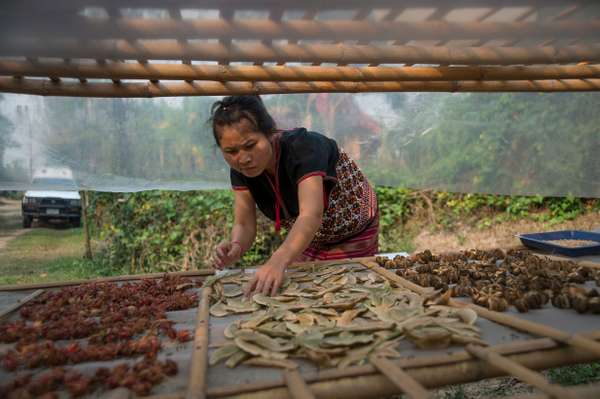
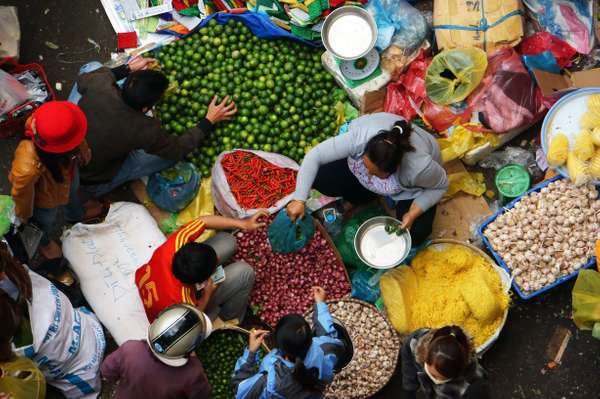
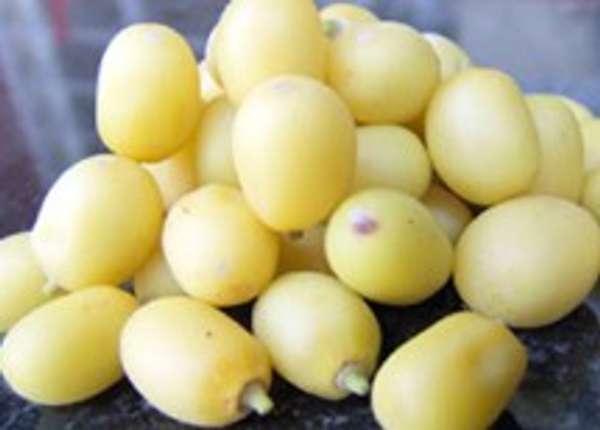
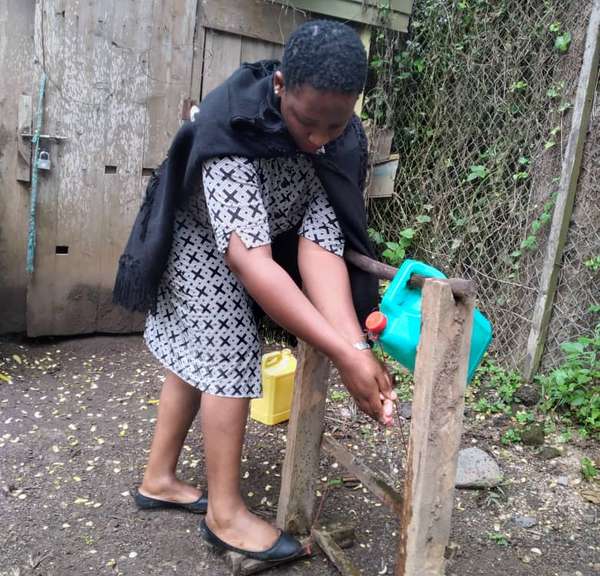

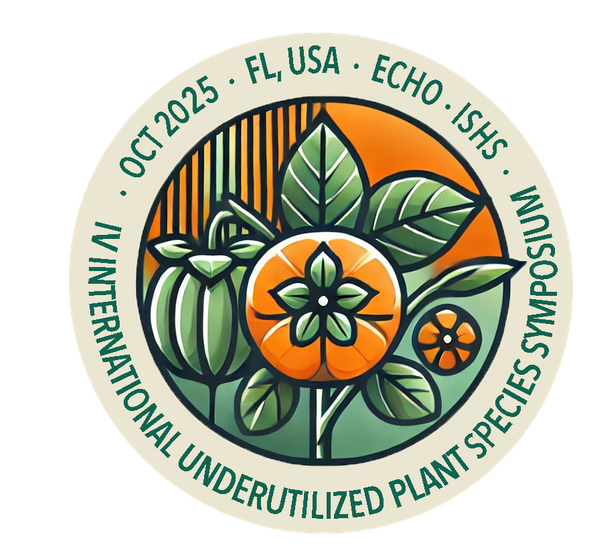
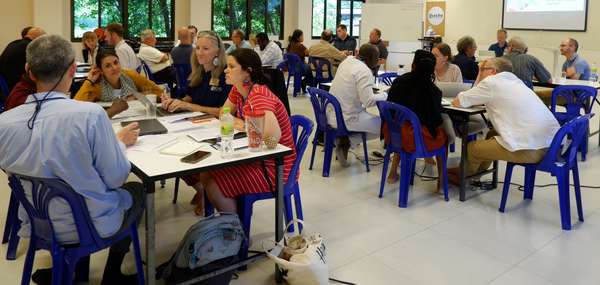
.png?w=600)
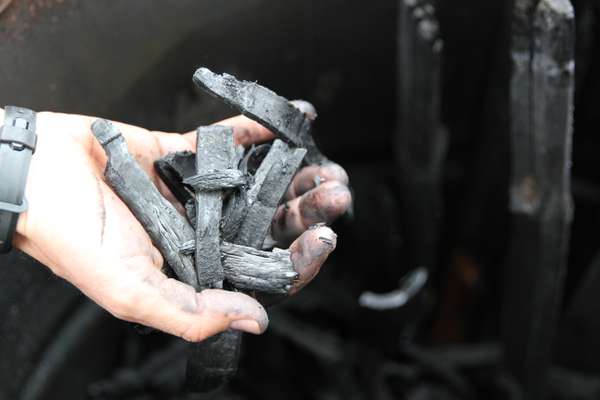
.png?w=1200)